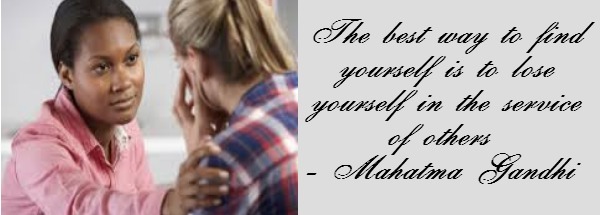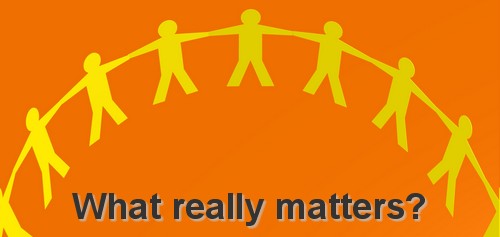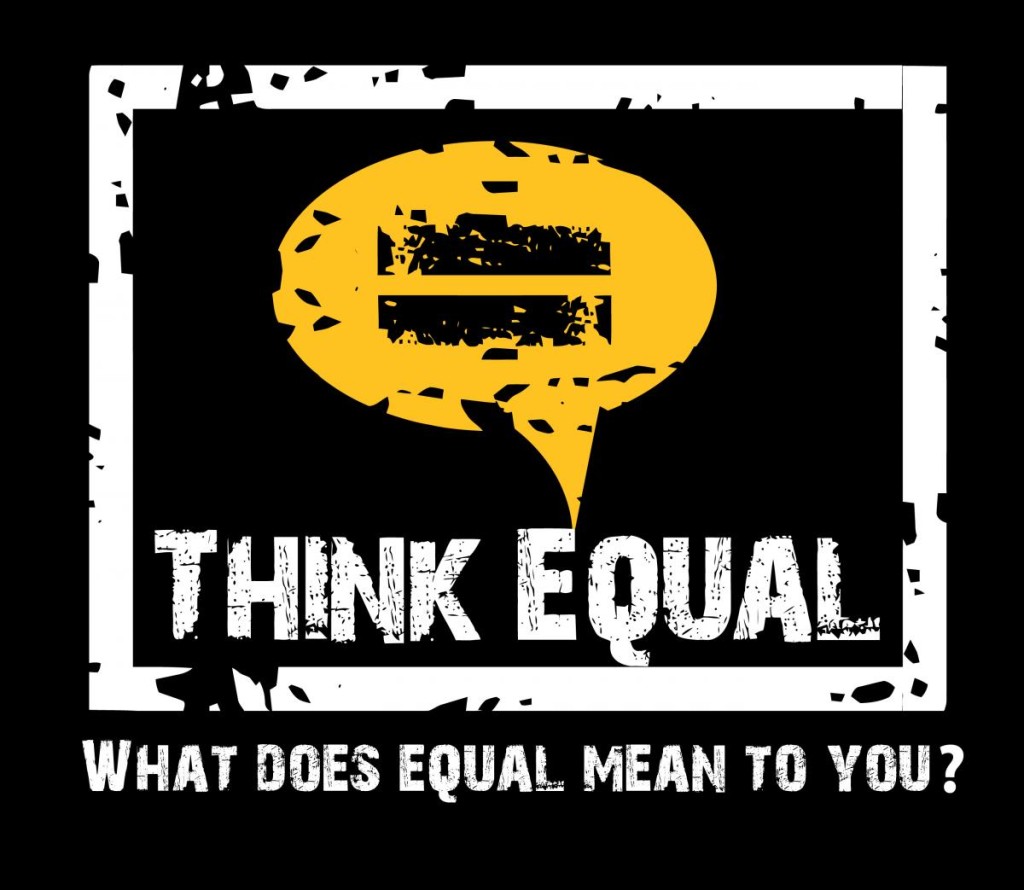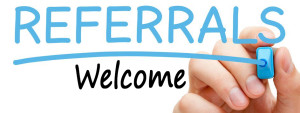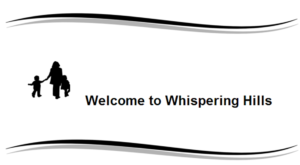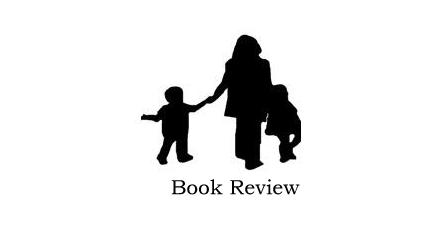
AIDS Memoir – Book Review
Catherine Wyatt-Morley, while refusing to play a victim, presents the physical, psychological and social reality of living with HIV/AIDS. Her story is one of love, faith and hope in the direst circumstances. Separating disease fact from fiction, she provides a rare view into an adverse world that must simultaneously be combated and embraced.
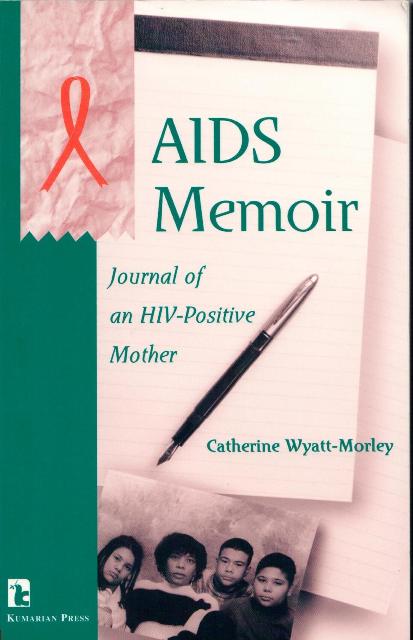
To purchase this book, go here!
Leave your comments below. We want to hear what you thought of her book!
*W.O.M.E.N. would like to thank the Old Wilmington Road Neighborhood Resource Center Book Club for making this book part of their collection and current focus. Thank you all for your support.
Hepatitis and African Americans
Just like HIV, Hepatitis C is a major health issue affecting the African American community. In the US, people of all races are adversely affected by a Hepatitis C infection. However, for reasons that are not yet understood, African Americans have disparate clinical features (for example, response to therapy) and more complications from Hepatitis C infection than Caucasians.In fact, African Americans are twice as likely to be infected as opposed to other races. Today, of the 3.2 million people infected with Hepatitis C, 22% of them are African American. According to the Center for Disease Control, chronic liver disease, often Hepatitis C related, is a leading cause of death among African Americans age 45-64. In addition, African Americans have a substantially higher rate of chronic Hepatitis C infection than Caucasians and other ethnic groups.
It must be noted that there is currently NO vaccine for Hepatitis C, and the best way to avoid infection is to avoid behaviors that may spread the virus. As always, you can make an appointment or walk right in to W.O.M.E.N. and we can test you for HIV and Hepatitis.
W.O.M.E.N. is excited to Introduce ’20 4 20′
From successful books to powerful movies, distinguished interviews and recognition of the highest regard, Catherine Wyatt-Morley has lead the charge for W.O.M.E.N. for almost 20 years. From strangers to clients to family, brainstorms to successes, a vision to fruition – the past 19 years have brought Women On Maintaining Education and Nutrition through so many exciting achievements, and now we are one step away from the beginning of something the country has never seen in W.O.M.E.N.’s H.O.U.S.E.
Women On Maintaining Education and Nutrition is excited to launch a campaign that is very dear to our hearts, 20 4 20. We are asking for donations from $20 to $2,000,000,000 to prepare us for the even more exciting years ahead of us. As we kick off this exciting endeavor, we think of what we have ahead of us. W.O.M.E.N.’s H.O.U.S.E., HIV Looks Like Me, testing and counseling, we are working hard to maintain the dependable, personalized social services we have specialized in since our inception.
To participate in our 20 4 20 campaign, please help us spread the word and donate, donate, donate! Simply click on the ‘Donate Now’ tab on the right of the screen.
Thank you for being a part of our family, and helping us move forward in our 20th year.
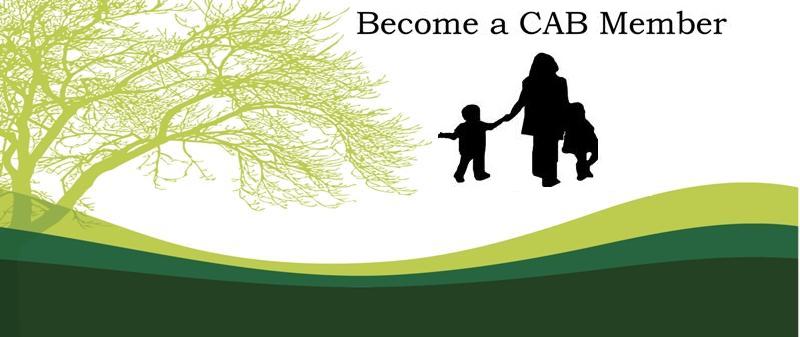
Community Advisory Board Membership Form
[vfb id=9]
Become a Community Advisory Board Member
[vfb id=6]

Oral Health
Oral health
Too often we take essential parts of our everyday lives for granted. Oral health is not only important for a nice smile and to keep our breath smelling good. It is important for overall health and nutrition as well. The CDC states that oral disease ranging from cavities to oral cancer causes discomfort and disability for millions of Americans each year. Cavities can cause pain, absences from work or school, and make eating difficult. Another common oral health issue is gum disease, defined as an infection caused by bacteria that get under the gum tissue and begin destroying teeth and bone. The CDC states gum disease may also be connected to other health issues, such as diabetes, heart disease, and stroke. They note that more research is under way to examine the nature of the connections.
Oral health makes a difference in people living with HIV/AIDS. The US Department of Health and Human Services states that oral health problems are common among people living with HIV/AIDS. Not only do they experience a lot of common issues, like cavities and gum disease, they also are susceptible to other oral health problems because of HIV. AIDS.gov identifies some oral health issues common to people living with HIV/AIDS as: oral warts, fever blisters, oral hairy leukoplakia, thrush, and canker sores. In addition, dry mouth is a side effect of HIV medication. Dry mouth predisposes people living with HIV/AIDS to dental decay, periodontal disease, and fungal infection. Any of these conditions also impedes food intake and nutrition, of critical importance in someone with a chronic disease. Not only is it vitally important to be able to ingest nutrients to be able to function, it is important for the absorption of HIV medications. Further, bacterial infections that start in or around the mouth can escalate to systemic infections and harm other areas of the body if not treated, especially in people with severely compromised immune systems who can’t fight off the infection by themselves.
|
Tips from the Pro’s For Good Oral Health
|
|
|
|
|
|
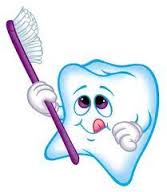

W.O.M.E.N. and Service
W.O.M.E.N. and Service
As we celebrate our 20th anniversary as an organization we are doing some soul searching to define our next 20 years. Who can we serve? How do we want to serve them? How do we do the most good for the most people? What does it really mean to serve another? These are questions every social service agency should ask itself periodically. It’s by questioning yourself; your motives, your capacity, and taking a step back and assessing what is going on in the world around you that you stay grounded and focused. It allows you to continue to be able to serve.
So in addition to celebrating, honoring those we serve, and thanking those who support us in that service, there will be some changes.
We are excited to announce that starting this year, we will be shifting our services to patient navigation.
What this means for those we serve: Now, more than ever, you will get the one-on-one support you need to enter into and maintain yourself in the healthcare system. Our patient navigators will be here to help make appointments, arrange transportation to appointments, and will even attend those appointments with you. They will educate on treatment plans, answer questions, and link you to other social services. In addition, we will continue to provide the same services we have always provided, such as food distribution, HIV counseling and testing, support groups, transportation, education seminars, workshops, community forums, community health fairs, peer to peer education sessions, HIV positive patient education curricula, and street and college campus outreach and prevention education.
Why this is important: This shift is important because it will help our clients access healthcare and maintain medical compliance, which is vital for overall quality of life. In addition, medical compliance can lower viral load, which according to the CDC can lower the risk of spreading HIV/AIDS.
What you can do to get involved: Come celebrate with us! We are planning a year’s worth of celebration! From a year long silent auction, to a host the barrel campaign, to an exciting gala event (more details to come!) we are looking forward to a great year ahead! So bid on an auction item, or host our barrel to gather food for our food pantry. Come to our events! And DONATE! Any donation will be greatly appreciated and is tax deductible. Contact us for more information!

Host The Barrel Campaign!
Guess what! In order to celebrate our 21st anniversary we are doing a food drive called “Host The Barrel”! If you are willing to participate by allowing us to place our barrel at your organization or office, please contact us!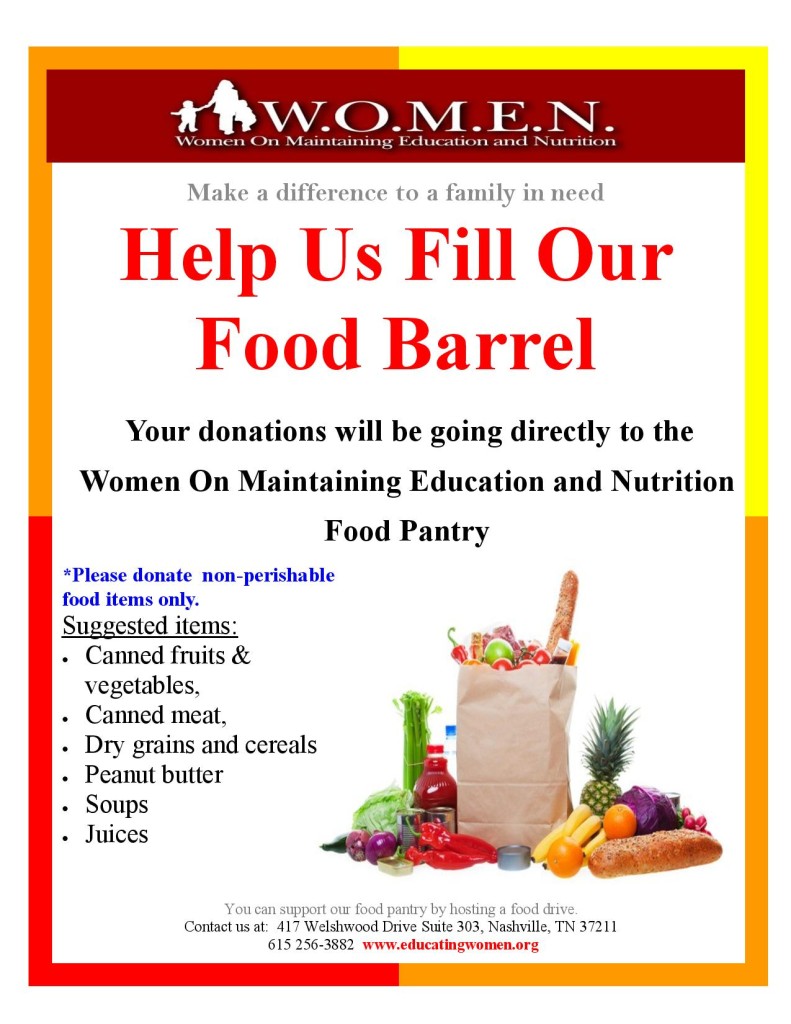
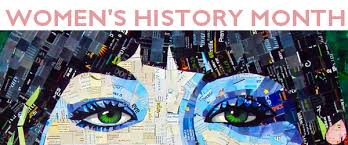
The Importance of Women
Women. You can say it sarcastically, reverently, apathetically. No matter how you say it, however, the word produces an image. An image of a mother, a sister, a daughter. Women made up 50.8 percent of the American population in 2011 according to CDC numbers, so chances are you know one or two. How often do you thank them? March is Women’s History Month where we honor and thank the women who came before us for fighting for the rights we have now. We haven’t always had them. While we as a society have come a long way since 1920 and the nineteenth amendment that gave women the right to vote, we still have a ways to go.
Perhaps the most striking example of that is looking at women’s role in the workplace. Bureau of Labor statistics state that in 2012 women were about twice as likely as men to work part time (less than 35 hours per week). Specifically, women who worked part time made up 26 percent of all female workers in 2012 while 13 percent of men who worked, worked part time.
Beyond that, women who were full-time wage and salary workers had a median usual weekly earnings of $691, while the earnings of male full-time wage and salary workers was $854 in 2012. This means that on average, women made about 81 percent of the median earnings of their male counterparts. By way of comparison, in 1979, the first year for which comparable earnings data are available, women earned 62 percent of what men earned.
Further, the occupational distributions of female and male full-time workers differ significantly. Women are more likely than men to work in professional occupations rather than in occupations like construction or transportation. However, they are much less likely to be employed in higher paying job groups such as the computer and engineering fields than their male counterparts. For example, in 2012, 9 percent of women were in those occupations as compared with 45 percent of men. Women are, in fact, much more likely to work in healthcare and education jobs, which pay less. Specifically, 68 percent of professional women worked in one of those fields in 2012, compared with 30 percent of men.
As we all look back this month, and remember the great women of the past; Elizabeth Cady Stanton, Harriet Tubman, Susan B. Anthony and many, many, more we must also look to the future. We must let the passion and commitment they expressed guide us to continue to grow as a nation that values all its citizens fully.
To do that however, it must start in the individual woman herself. In order to affect real change to have equality when and where it matters, women must perceive themselves as equal when and where it matters. Equal work for equal pay may not mean that the average salary for a woman will be the same for a man. Yes, a male fast food technician should make the same salary as a female fast food technician. A female lawyer should make the same salary as a male lawyer. But if more women are fast food technicians and more men are lawyers, the net average salary will still be different.
So the woman must choose. Does she want to be a fast food technician or a lawyer? She must be content with her choice and be empowered with the knowledge that it was her choice, and hers alone, whatever factors she took into consideration when deciding it. Further, society should value that choice as well, understanding that the decision was not made lightly. Society should express that by offering all citizens a living wage that is dependent on the task being performed and the ability of the person to perform the task. If it does not, it is the responsibility of the citizen to ask for it, even demand it. That is the only way to make it a reality. Women are important to society. In the workforce and in the home. Women’s History Month honors that.


